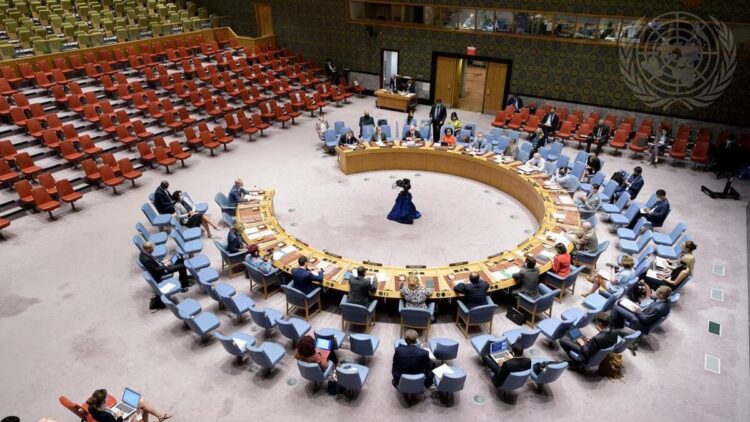In a recent meeting of the foreign ministers of G-4 Nations (India, Japan, Germany and Brazil) in New York during PM Modi’s visit to the United States from 21-23 September, the issue of reforms in the United Nations Security Council (UNSC) was raised once again.
S Jaishankar called the UNSC a prisoner of the past. A lot of member nations also called for reforms in the UN during the ‘Summit of the Future’ deliberations, which was also addressed by PM Modi. The UN Secretary-General Antonio Guterres also criticized the dividend UNSC for failure to end wars. US President Joe Biden and French President Emmanuel Macron supported the permanent membership of Indian to the UNSC.
India has stepped up the issue of reforms in the United Nations in general and the UNSC in particular. But our concerted efforts have not reached a stage where it could be predicted that India formally becomes a permanent member of the UNSC barring China has not really given a clear direction to the path and timelines of the much-anticipated reforms.
After the surrender of Japan on 2 September 1945, the Second World War officially ended. The six-year war which began on 3 September 1939 left behind a trail of death and destruction in most parts of the world. United Nations came into existence on 24 October 1945 primarily with the aim of preventing future wars and maintaining international peace and security besides a host of other charter. UNSC is the most important organ of the UN and has five permanent members which are United States of America, United Kingdom, France, Russian Federation and China. It also has 10 non-permanent members which are elected in rotation for a two-year term. The UNSC is also responsible for approving any changes to the UN charter.

















Comments